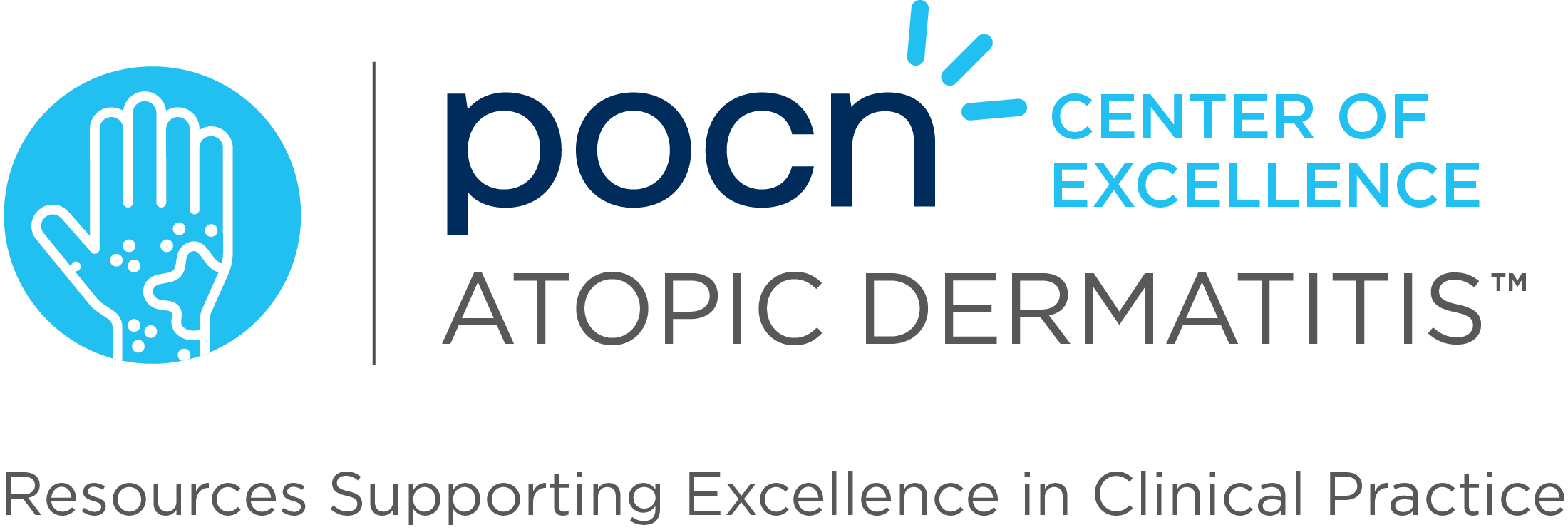Atopic dermatitis (AD) is a chronic inflammatory skin condition affecting a significant portion of children and adults, with prevalence varying based on demographics and endotype complexities. Conventional treatments often rely on topical therapies, such as corticosteroids and calcineurin inhibitors, with systemic therapies recommended for more severe cases. However, AD’s diverse triggers and molecular pathways present challenges in achieving consistent therapeutic outcomes. The burden of AD is profound, with studies showing a severe impact on the quality of life due to recurring eczematous lesions and intense itching, often leading to psychological and social distress.
Emerging treatments include biologics, small molecules, and therapies targeting the skin microbiome, immune system, and cytokine pathways. Notable therapies involve modulation of interleukin pathways (eg, IL-4, IL-13, and IL-31) and Janus kinase inhibitors to regulate inflammation. Despite promising advances, challenges remain, including treatment adherence, economic burden, and variable patient responses due to environmental and genetic factors. Future strategies are increasingly oriented toward personalized medicine, leveraging insights from microbiome interactions and immune signaling pathways to improve treatment efficacy and patient outcomes.
Reference: Gatmaitan JG, Lee JH. Challenges and Future Trends in Atopic Dermatitis. Int J Mol Sci. 2023;24(14):11380. doi: 10.3390/ijms241411380.


